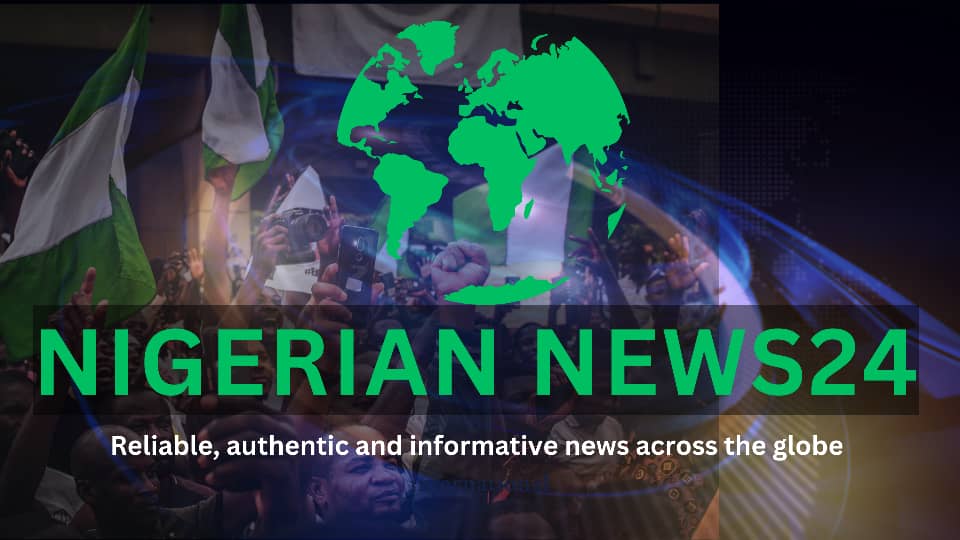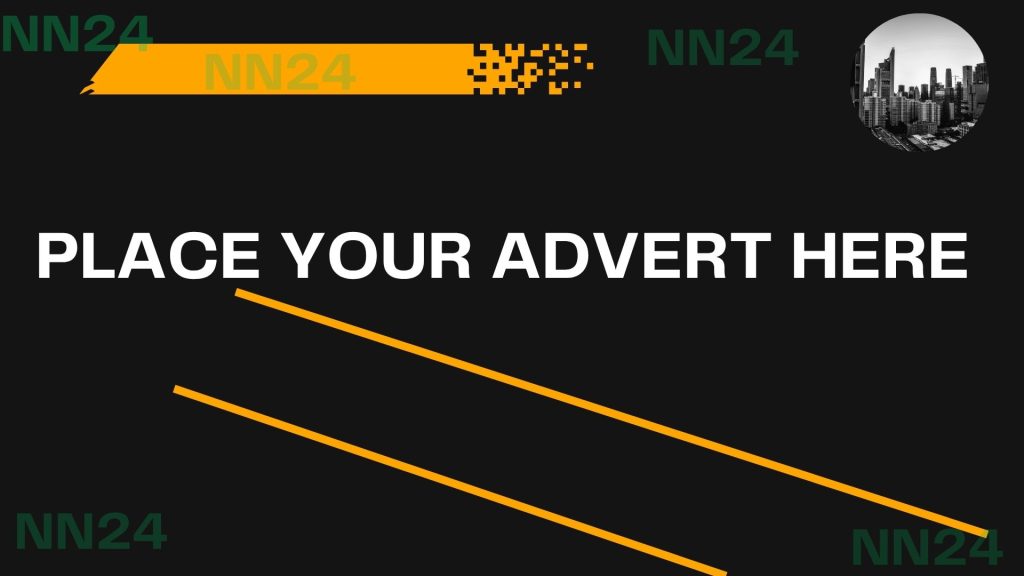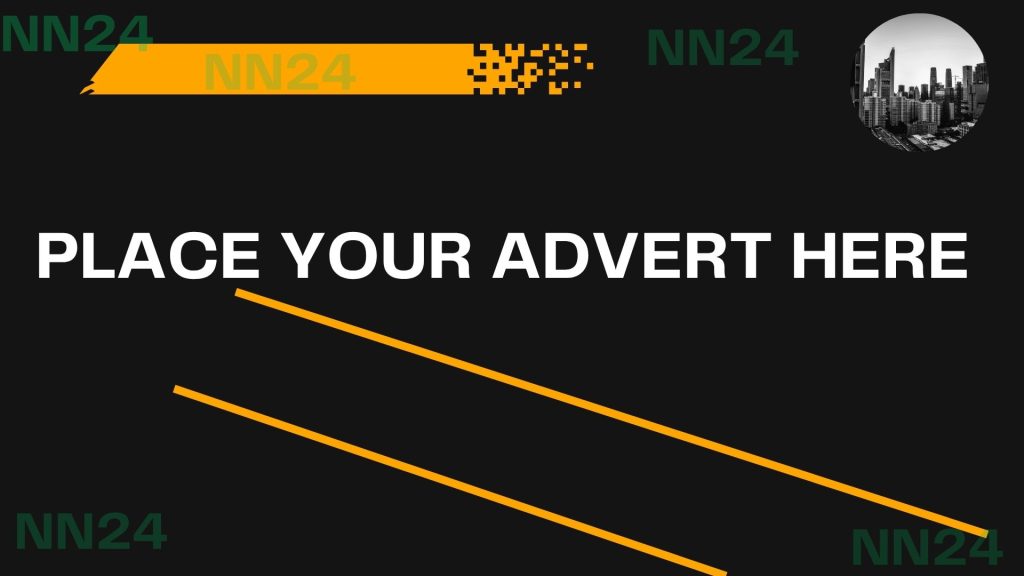by Nigerian News24 Correspondents
Fresh concerns are emerging over the integrity of Nigeria’s 2027 general elections, with insiders at the Independent National Electoral Commission (INEC) warning of plots to manipulate the process.
According to findings made available to Sunday Vanguard, politicians have allegedly infiltrated INEC’s systems to compromise result management and voter registration.
Alleged Rigging Plots
Sources claim part of the scheme involves producing dual sets of original result forms (EC8A, EC8B, and EC8C)—one for public display and another for predetermined vote allocations. The plan reportedly includes:
- Uploading pre-prepared results to the INEC Results Viewing Portal (IReV) before polls close.
- Creating discrepancies between polling unit results and electronic uploads.
- Manipulating voter registration by inflating figures in certain areas while constraining others.
INEC itself recently admitted discovering 27,817 multiple registrations in Anambra State, even as it added 146,353 new voters to the roll.
Search for Yakubu’s Successor
The tenure of INEC Chairman, Prof. Mahmood Yakubu, ends in November. While President Bola Tinubu has not openly taken steps to appoint his replacement, investigations suggest political actors are lobbying for a “useful” successor who may lack the independence needed to safeguard elections.
This has revived memories of past controversies, such as the appointment of Amina Zakari as acting INEC head in 2015, which sparked national outrage.
Opposition Parties Raise Alarm
The Labour Party (LP) alleged that political forces are also trying to infiltrate its structures ahead of congresses, warning of a wider plot to undermine democracy.
LP spokesman Tony Akeni said: “Nigerians must be vigilant. The body language of INEC, as presently constituted, shows it is ready to serve the ruling party’s interests.”
The PDP, through NEC member Timothy Osadolor, said INEC had already shown signs of bias, citing inflated voter registration figures and irregularities in recent by-elections. He warned that without urgent reforms, the 2027 polls could be “a sham and a complete waste of taxpayers’ money.”
Calls for Reform and International Standards
Civil society voices have urged Nigeria to learn from other democracies, where electoral commissions include cross-party representation and independent vetting of appointees. Olufemi Aduwo of the Centre for Convention on Democratic Integrity suggested barring former INEC officials from political appointments for at least ten years to safeguard neutrality.
Integrity at Stake
Despite past assurances from INEC that its technologies—BVAS and IReV—were secure, critics argue the 2023 elections exposed systemic vulnerabilities. Allegations of glitches, pre-loaded results, and poor transparency have further eroded public confidence.
Observers warn that unless corrective action is taken by the National Council of State, civil society, and the international community, Nigeria risks sliding into its most compromised election yet in 2027.




